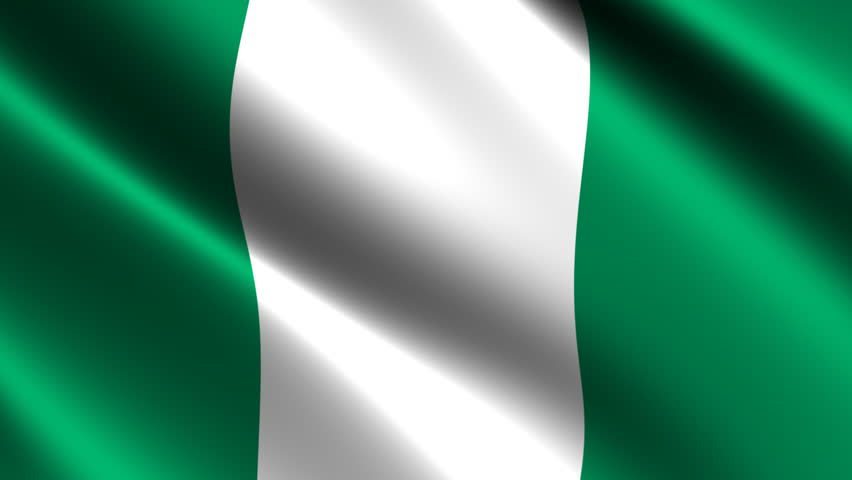The history of Nigeria can be traced to pre-historic settlers living in the area as early as 11,000 BC. Numerous ancient African civilizations settled in the territory that is today known as Nigeria. Lagos was captured by British forces in 1851 and formally annexed in 1861. Nigeria became a British protectorate in 1901, lasting till 1960. Southern and Northern parts were amalgamated in 1914 to become one entity, called Nigeria.
Nigeria was granted full independence on October 1, 1960 under a constitution that provided for a parliamentary government and a substantial measure of self-government for the then three regions viz Northern, Western and Eastern regions. Later, Mid-Western region was created.
From 1959 to 1960, Jaja Wachuku was the First Speaker of the Nigerian Parliament. He replaced Sir Frederick Metcalfe of Britain. Notably, as First Speaker of the House, Jaja Wachuku received Nigeria’s Instrument of Independence – also known as Freedom Charter – on October 1, 1960, from Princess Alexandra of Kent, the Queen’s representative at the Nigerian independence ceremonies. Sir Abubakar Tafawa Balewa was the first Prime Minister of Nigeria from 1960 to 1966.
In October 1963, Nigeria became a Republic and former Governor-General, Dr. Nnamdi Azikiwe, became the country’s first President. On January 15, 1966, a group of young army officers, overthrew the government and assassinated the Prime Minister and the premiers of the northern and western regions. However, the bloody nature of the coup led to a counter coup during which Nigeria’s first military Head of state, Major-General Johnson Aguiyi Ironsi was assassinated and replaced by General Yakubu Gowon.
On May 29, 1967, then Lieutenant-Colonel Emeka Ojukwu, the then military governor of the Eastern Region, declared the independence of the eastern region as the Republic of Biafra. The ensuing Nigerian Civil War resulted in an estimated three point five million deaths before the war ended with Gowon’s famous “No victor, no vanquished” speech in 1970.
On July 29, 1975, General Murtala Mohammed and a group of officers
staged a bloodless coup, and overthrew Gen. Yakubu Gowon. General
Mohammed was however assassinated on February 13, 1976 in an abortive coup and his Chief of Staff, then Lieutenant-General Olusegun Obasanjo, became the Head Of State. In 1979, Alhaji Shehu Shagari and Dr Alex Ekwueme of the National Party of Nigeria (NPN) were elected president and vice respectively of Nigeria’s second Republic.
In August 1983, Shagari and the NPN were returned to power. However,
on December 31, 1983, the military, again, overthrew the civilian government. Then Major-General Muhammadu Buhari emerged as the leader of the Supreme Military Council. The Buhari government was peacefully overthrown by the SMC’s third-ranking member, then General Ibrahim Babangida in August 1985.
A presidential election was held on June 12, 1993. Early returns indicated that a wealthy businessman, Chief M. K. O. Abiola won. However, on June 23 of that year, the Babangida regime annulled the election, throwing Nigeria into turmoil. The reins of government were handed over to Chief Ernest Shonekan, a non partisan businessman. Shonekan was to rule until the elections, scheduled for February 1994, but a former Defence Minister, Sani Abacha, assumed power and forced Shonekan’s resignation on November 17, 1993.
Abacha died mysteriously on June 8, 1998 and was replaced by General
Abdulsalami Abubakar. In August 1998, Abubakar appointed the
Independent National Electoral Commission (INEC) to conduct elections.
The emergence of democracy in Nigeria on May 1999 ended 16 years of
consecutive military rule. Chief Olusegun Obasanjo’s second emergence was as an elected President of Nigeria from 1999 to 2007.
In the 2007 general elections, Umaru Yar’Adua and Goodluck Jonathan were elected President and Vice President respectively. However, In November 2009, Yar’Adua fell ill and was flown out of the country to Saudi Arabia for medical attention. In February 2010, Goodluck Jonathan began serving as acting President in the absence of Yar’Adua.
In May 2010, Yar’Adua died. Dr. Jonathan called for new
elections and stood for election in April 2011, which he won. His re-election bid in 2015 was truncated with the emergence of Muhammadu Buhari being declared winner. General Buhari was sworn-in on May 29, 2015 and was re-elected in the February 23, 2019 election.
Thus, the history of Nigeria is full of ups and down. However, God willing, the people of the country shall, someday, get to the Promised Land, by the grace of GOD. Happy independence Nigerians!





Comments are closed for this post.